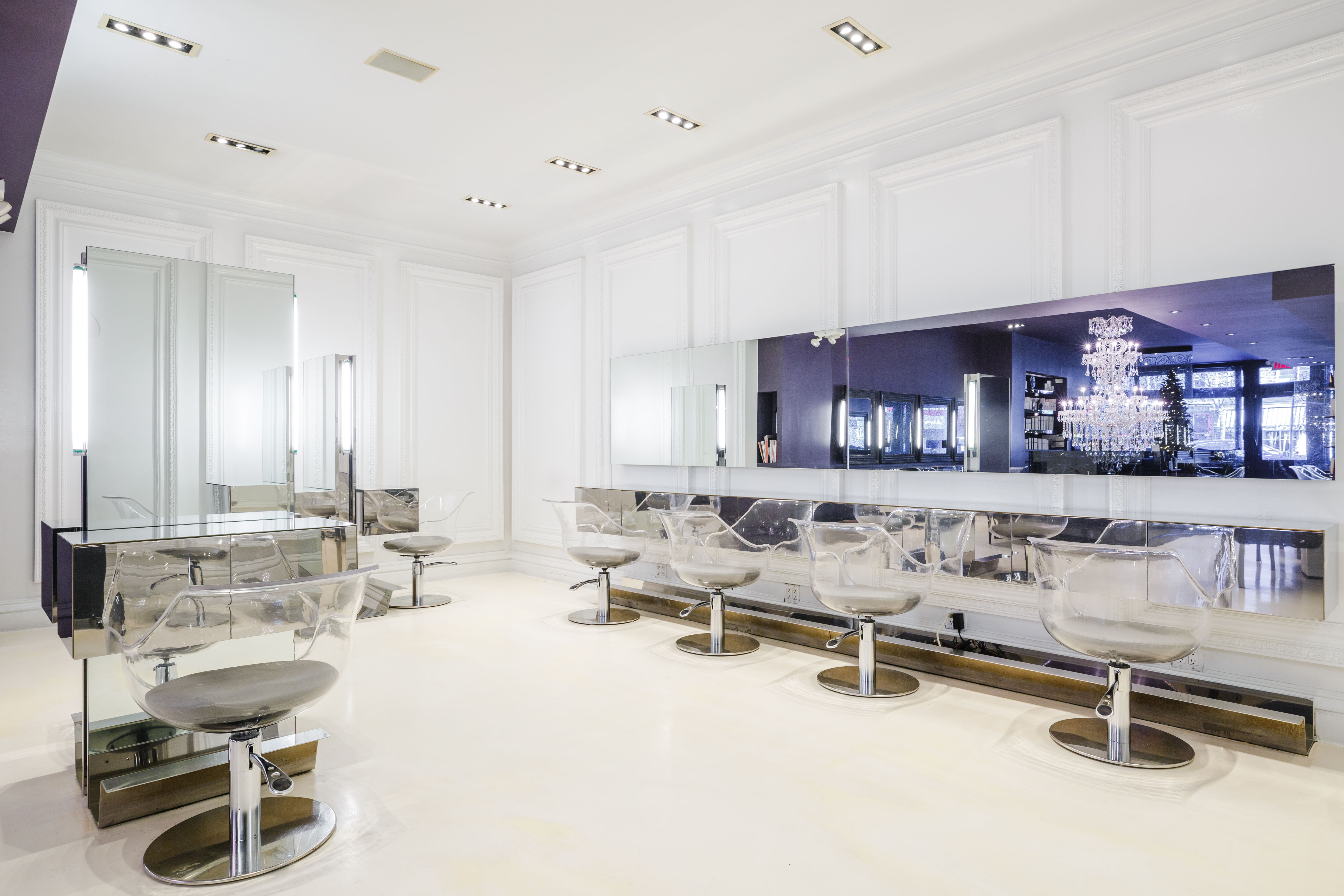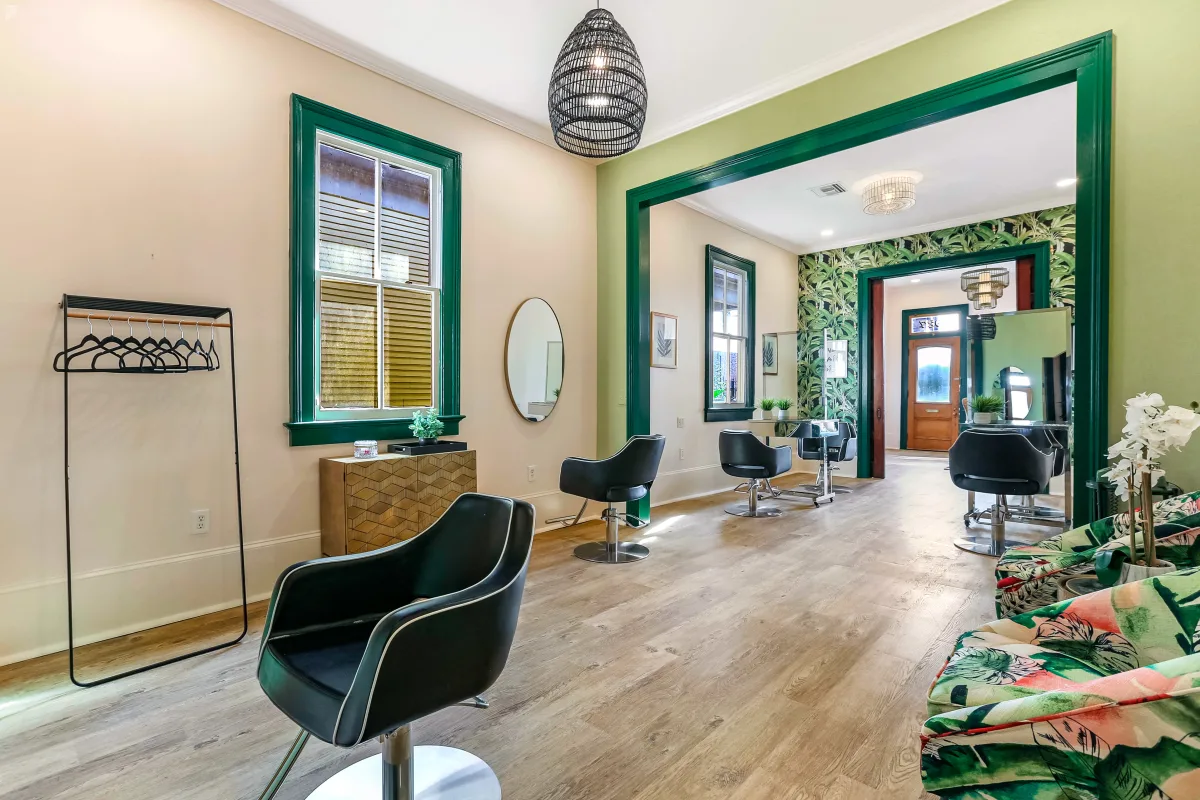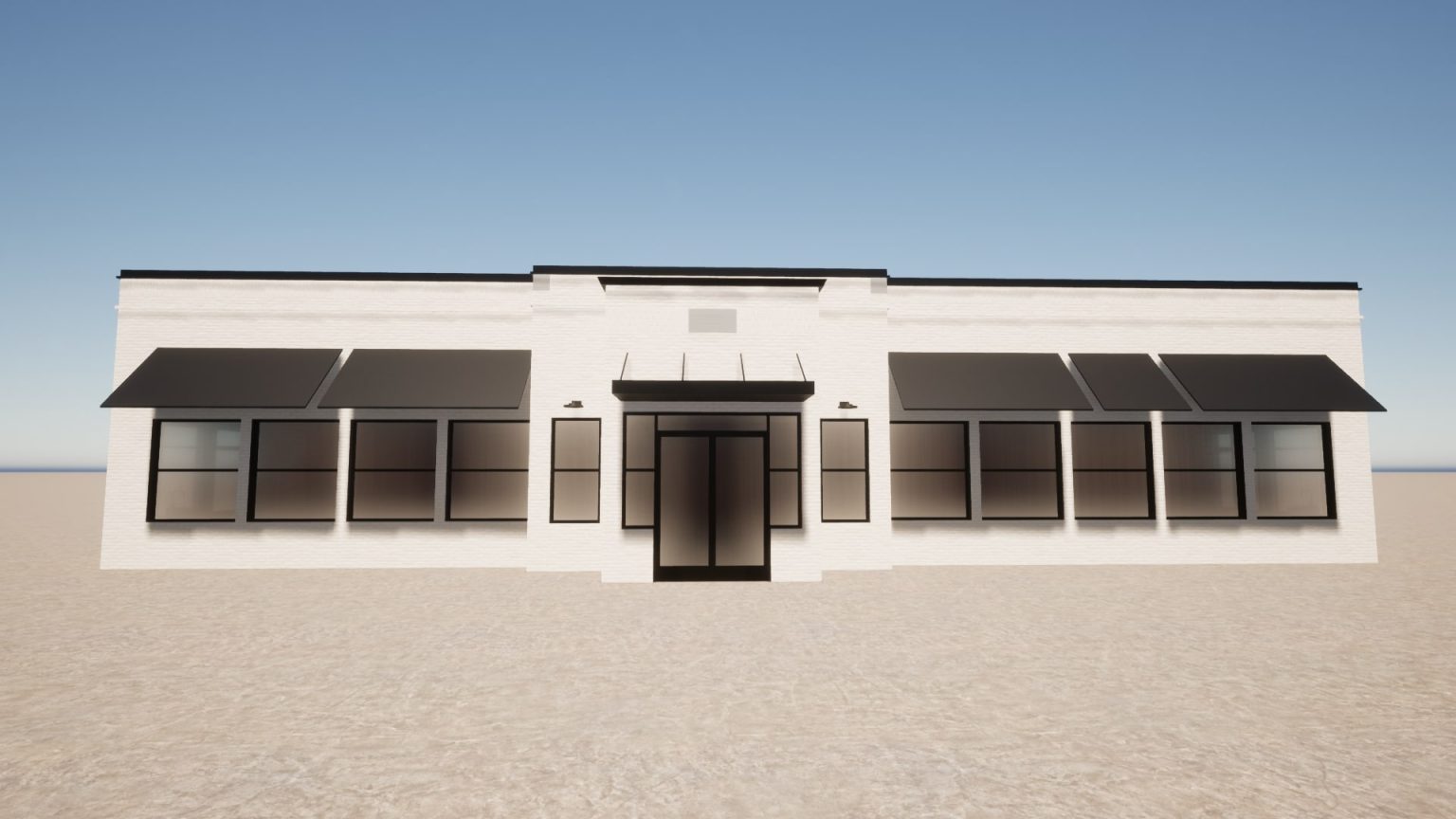Strategic Choices: Considering the Benefit of Leasing Versus Owning a Salon Area to Enhance Long-Term Success and Financial Viability
When it comes to developing a beauty parlor business, among the crucial choices that owners have to very carefully consider is whether to rent out or have the room in which they operate. The choice between renting and possessing a beauty salon space can have a substantial influence on the lasting success and economic health of business. Aspects such as operational versatility, economic implications, and financial investment potential play an essential duty in this calculated decision-making procedure. By exploring the benefits and downsides of each choice, beauty salon proprietors can make enlightened choices that straighten with their company objectives and goals.

Advantages And Disadvantages of Renting
When considering the decision between renting a salon space or having one, it is necessary to evaluate the pros and disadvantages of leasing to make an educated option. One main benefit of renting out a beauty parlor room is the flexibility it uses. Renting enables salon proprietors to check various places or upscale their company without the dedication of a long-lasting mortgage. In addition, renting typically includes less in advance prices, making it a much more accessible alternative for new beauty parlor owners or those with spending plan constraints.

Financial Variables to Take Into Consideration

Thinking about the financial ramifications of renting a beauty parlor space versus possessing one is important for making an educated company choice. When evaluating the monetary factors, it is vital to analyze the initial prices connected with each alternative. Leasing a salon area typically needs a safety and security down payment and monthly lease payments, whereas having entails a deposit, home loan settlements, real estate tax, and upkeep expenditures.
Furthermore, the lasting financial effects differ between leasing and possessing. Renting supplies adaptability yet may lead to greater collective costs with time due to rental boosts. On the various other hand, having a salon space provides prospective equity development and the possibility to build properties. It is very important to conduct a cost-benefit analysis to identify which option lines up finest with your financial objectives and service method.
Renting might supply lower in advance prices, enabling you to allot more sources to advertising and organization growth. Assessing these economic factors thoroughly will assist you make a strategic decision that enhances your beauty parlor's lasting success and financial practicality.
Functional Adaptability and Control
Optimal operational efficiency plays an essential duty in establishing the equilibrium in between adaptability and control when deciding in between leasing and having a salon room. Leasing a beauty salon space supplies integral flexibility as it permits for much easier modifications to altering market problems, consumer choices, or company requirements.
On the various other hand, having a beauty salon space gives a higher sense of control over the home and its operations. Owners have the flexibility to personalize the space to their preference, implement long-term approaches without the danger of lease terminations, and possibly develop equity over time. However, possession likewise comes with duties such as building maintenance, insurance, and property taxes, which can influence the general financial dedication.
Eventually, the choice between renting and having must think about the desired level of operational adaptability and control that straightens with the beauty salon's long-term goals and vision.
Financial Investment Potential in Possession
Offered the operational considerations reviewed earlier, discovering the investment potential in beauty salon possession clarifies the economic effects and lasting benefits that include having a hair salon area. Beauty salon ownership presents an unique opportunity for entrepreneurs to construct equity and properties over time. By purchasing a salon area, proprietors have the potential to gain from residential or commercial property gratitude, which can work as an important asset over time. Furthermore, having a beauty parlor offers stability in terms of set mortgage repayments, supplying predictability in monetary preparation Read More Here compared to rising and fall rental rates.
Additionally, ownership enables better control over the area, making it possible for owners to customize and customize the beauty salon to their particular brand name and vision without the constraints frequently imposed by property owners. This degree of control can boost the general consumer experience and brand identity, possibly leading to increased customer retention and organization development.
In terms of investment potential, having a salon area can additionally open possibilities for extra income streams, such as leasing unused area to other appeal specialists or integrating retail sales within the beauty parlor. Nail salon. These diversified revenue resources can add to the general monetary this content wellness and sustainability of the organization
Long-Term Security and Growth
With a concentrate on sustainability and development with time, developing lasting security and fostering development are pivotal facets of salon possession. To ensure lasting stability, salon proprietors need to meticulously think about elements such as area, market patterns, and economic planning. Selecting between leasing and having a beauty salon space plays a significant function in establishing the business's development potential.
Renting a salon area offers flexibility and lower first expenses, allowing owners to assign resources in the direction of boosting solutions and advertising initiatives. Lasting rental costs can influence profitability and restrict the capacity to build equity in the building. On the various other hand, owning a hair salon room provides stability with taken care of home loan payments and the potential for property appreciation. By having the area, beauty salon owners have even more control over personalizing the residential or commercial property to fit their brand name and can take advantage of long-term property development.
Ultimately, the decision between renting out and owning a hair salon area should straighten with the owner's long-term business goals and monetary purposes. Whether prioritizing flexibility or equity structure, a tactical approach to residential or commercial property ownership can considerably impact the beauty parlor's stability and development trajectory.
Verdict
Finally, the choice in between renting and owning a beauty parlor area calls for a cautious evaluation of best kids hair salon financial aspects, functional adaptability, investment possibility, and long-lasting security. Both choices include their own collection of advantages and disadvantages, and it is essential for hair salon proprietors to weigh these factors to maximize long-term success and financial feasibility. Salon studios. Ultimately, the option in between renting and owning must be based on an extensive analysis of private organization objectives and circumstances